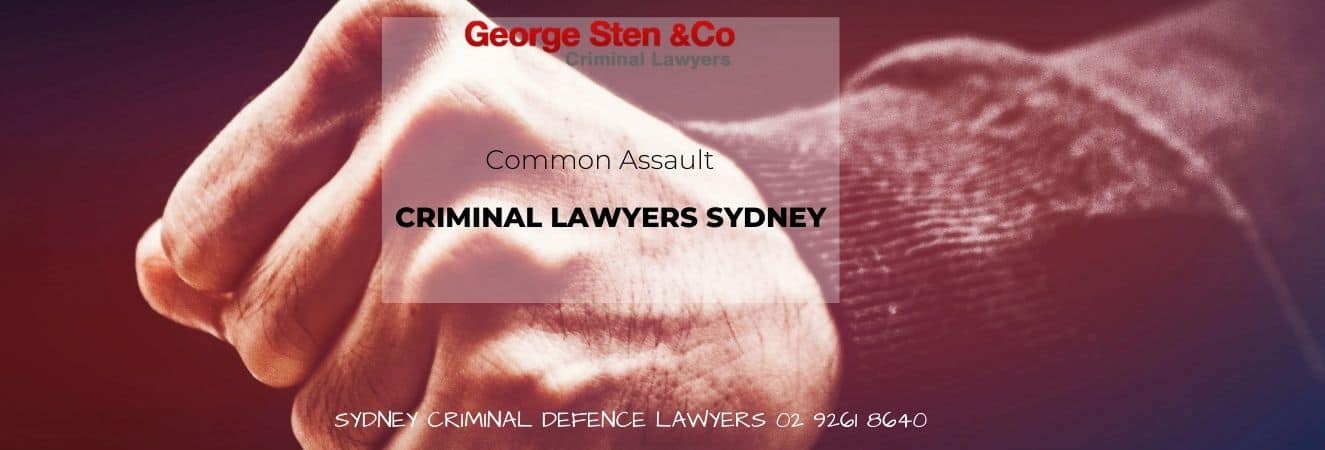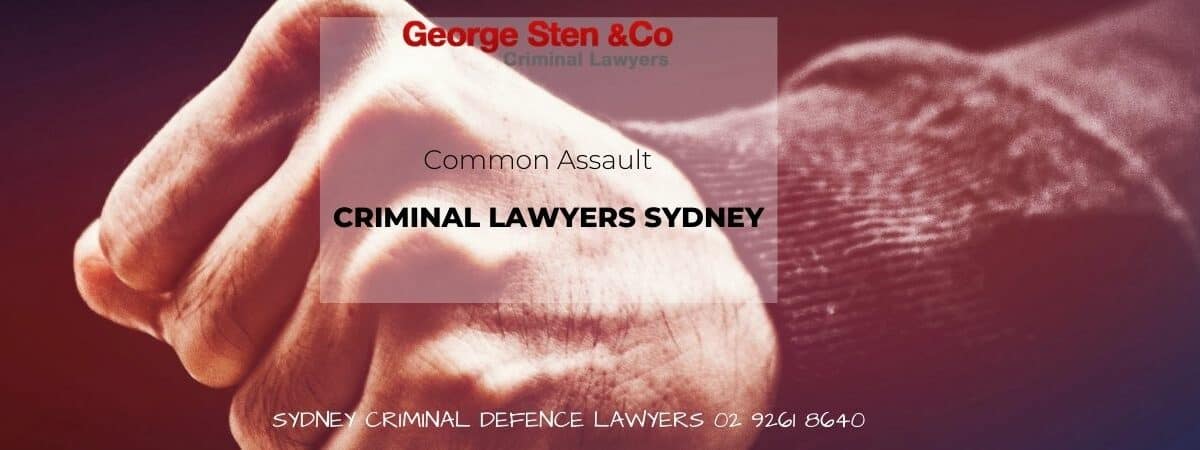CHANGING TREND IN ASSAULTS IN SYDNEY
Following the introduction of the lockout laws in Sydney in February 2014, there has been a recorded decrease in the number of alcohol- related assaults in traditional Sydney hotspots targeted by the nightlife laws. However, there has been a notable rise in assaults outside the ambit of this lockout area, such as Pyrmont and sections of Surry Hills beyond the boundary.
According to the Bureau of Crime Statistics and Research, there was 32 per cent decrease in assaults at Kings Cross in the period following the introduction of the lockout laws, and 40 per cent decrease in the area at the south of George Street.
The lockout laws included provisions such as 1.30 am lockouts at hotels, registered clubs, nightclubs and karaoke bars in the Sydney CBD Entertainment Precinct and Kings Cross Precinct. This was supplemented by 3.00 am last drinks in venues in the designated area, a ban on takeaway alcohol after 10.00 pm and banning orders for ‘trouble makers’ to prevent them entering most licensed premises in the lockout zone.
One punch laws were also enacted in January 2014 to assist in the prosecution of offenders who strike another person with what is termed a ‘coward punch’. This saw amendments to the Crimes Act 1900 (NSW) and the way in which assault is dealt with by the law, with the introduction of mandatory eight – year prison sentences if the incident was fuelled by alcohol. This has been criticised by the legal profession, as it makes alcohol an aggravating factor and therefore renders offenders in sober incidences less criminally culpable; which is a subversion of the traditional way of viewing the mens rea element of an offence.
OFFENCES INVOLVING ASSAULT
Assault causing death is addressed by s 25A of the Crimes Act 1900 (NSW), which states that ‘a person is guilty of an offence under this subsection if (a) the person assaults another person by intentionally hitting the other person with any part of the person’s body or with an object held by the person and (b) the assault is not authorised or excused by law, and (c) the assault causes the death of the other person’ (s 25A(1)). The maximum penalty is imprisonment for 20 years (s 25A). Subsection (2) then states that ‘a person who is of or above the age of 18 years is guilty of an offence under this subsection if the person commits an offence under subsection (1) when the person is intoxicated’ (s 25A(2)), which has a maximum penalty of 25 years.
It is important to note that in this regard, ‘for the purposes of this section, an assault causes the death of a person whether the person is killed as a result of the injuries received directly from the assault or from hitting the ground or an object as a consequence of the assault’ (s 25A(3)). It is also ‘not necessary to prove that the death was reasonably foreseeable’ (s 25A(4)).
Pursuant to s 25B of the Crimes Act 1900 (NSW), the courts are required to impose a mandatory minimum sentence for assault causing death when intoxicated. Section 25B(1) states that ‘a court is required to impose a sentence of imprisonment of not less than 8 years on a person guilty of an offence under s 25A (2). Any non-parole period for the sentence is also required to be not less than 8 years’. It is also noted that ‘nothing…in any other Act or law authorises a court to impose a lesser or no sentence (or to impose a lesser non-parole period)’ (s 25B(2)).
The severity of the charge of an assault charge depends on the intention of the offender, the amount of force used, and the injuries sustained by the victim.
The lesser offence of common assault is contained in s 61 of the Crimes Act 1900 (NSW), which states ‘whosoever assaults any person, although not occasioning actual bodily harm, shall be liable to imprisonment for two years’. This offence will be recorded as a criminal conviction, unless the Court is convinced otherwise. Common assaults can technically include all unwanted touching, but generally in matters of prosecution, law enforcement officers are only concerned with instances where there is significant force or threats of violence. This can include spitting, punching, hitting, kicking, and threatening to hurt another person. As stated above, the severity of the offence will dictate the charge, so if injury is sustained then the offender is likely to be charged with higher levels of the offence. This is a summary offence, and would be heard by the Local Court.
Assault occasioning actual bodily harm is an offence contained in s 59 of the Crimes Act 1900(NSW), and states ‘whosoever assault any person, and thereby occasions actual bodily harm, shall be liable to imprisonment for five years’ (s 59(1)). There is also an aggravated version of this provision found in s 59(2), which concerns assault occasioning actual bodily harm in company, which carries a seven- year imprisonment period. For assault occasioning actual bodily harm, it must be shown that the assault directly caused actual bodily harm to the other person. This means that there has to be physical evidence of injury. McIntyre v R further defines this injurious element, stating that it need not be permanent, but ‘must be more than merely transient or trifling’.
Other types of assault include reckless wounding, wounding with intent, reckless grievous bodily harm, intent to cause grievous bodily harm, grievous bodily harm by unlawful or negligent act, aggravated assault, assault in self defence, murder, manslaughter and various levels of assault of policer officers. Each of these carries a different requirement regarding the level of harm and intent to proving the offence, and has different elements to be proven by the prosecution.
If you have been charged with assault, or believe you may be charged with assault, it is imperative that you seek immediate professional legal advice in order to ensure that your reputation and livelihood are properly looked after. Our Sydney Assault Lawyers are available 24 hours a day and we can be contacted 02 9261 8640


